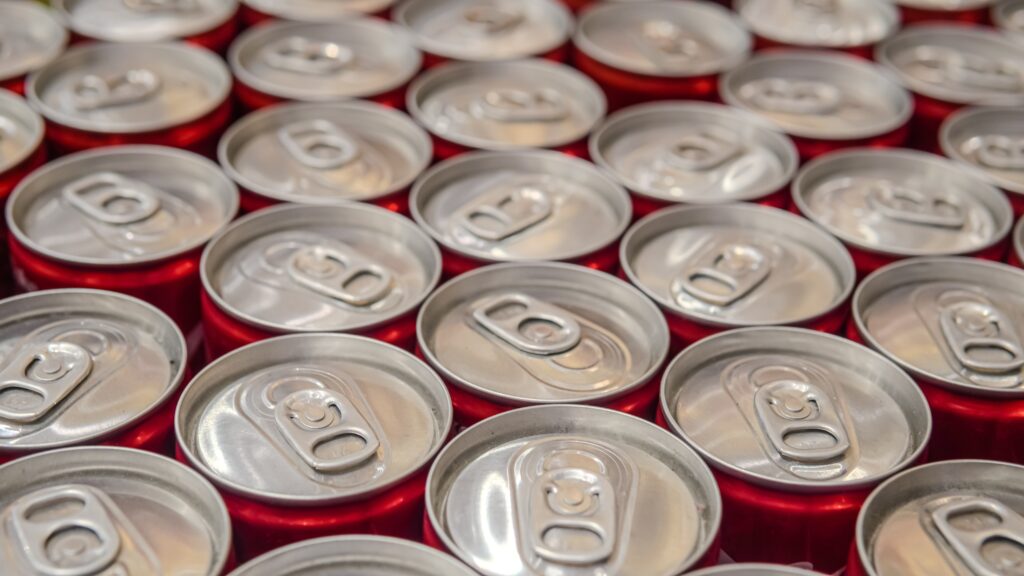Shanks has said it is “extremely disappointed” after the Planning Inspectorate today (November 16) rejected proposals it had made in conjunction with services company Interserve to build a gasification-focused waste management facility at Sinfin Lane in Derby.
The planning application was rejected on appeal, after an initial application for the facility was refused by Derby city council in May 2009, prompting a public inquiry which was held in September and October 2010. It is being developed by the two companies as the Resource Recovery Solutions consortium.
The proposals received a boost last week, when the Environment Agency granted the plans an environmental permit (see letsrecycle.com story), but, with today's announcement, Shanks and the councils said they were now considering their next steps.
RRS
Edward Thomas, project director for Resource Recovery Solutions (Derbyshire) Ltd (RRS), said he was “extremely disappointed” with the Planning Inspector's decision.
“RRS, and its representatives, have worked hard during the appeal process to demonstrate that the reasons given by Derby City Council for the initial refusal of the application were unfounded. Unfortunately these efforts have proved unsuccessful,” he said.
“We will now consult with both Derby city and Derbyshire county councils to agree the next steps under the Joint Waste Management Contract.”
His sentiments were echoed by Derbyshire County Council's Cabinet Member for Recycling and Technology, Councillor John Allsop, who added: “We felt that the Sinfin site offered the best solution for the waste treatment plant.”
“Derbyshire needs a waste treatment facility to deal with the rubbish that cannot be recycled or composted. This decision means council tax payers will face extra costs in landfill tax while we develop other proposals.”
Reasons
In a document outlining the reasons for the dismissal of the appeal, the Planning Inspector appointed to the application, Ruth V Mackenzie, raised concerns over the project having a “materially adverse” impact on traffic conditions in the surrounding road network.
She also said that, while local residents' concerns over harmful health effects were not enough on their own to warrant dismissal of the appeal, they were “a material consideration of some weight”.
She said that this, together with higher nitrogen levels and “undetectable” harm to health from emissions from the stack, “have led me to the view that the living conditions of local residents in this deprived part of Derby would not only be adversely affected but “would also be unacceptably worsened”.








Subscribe for free